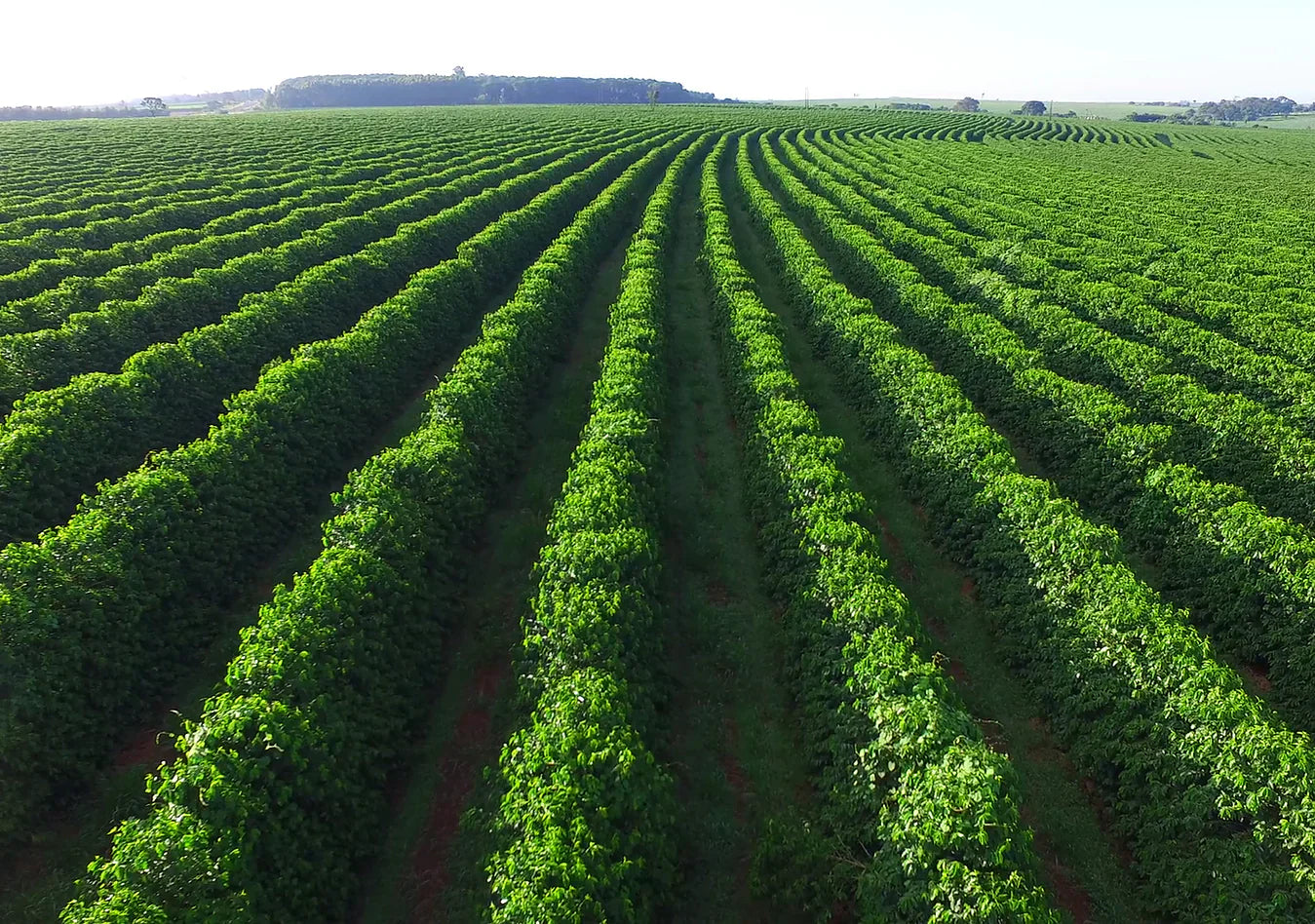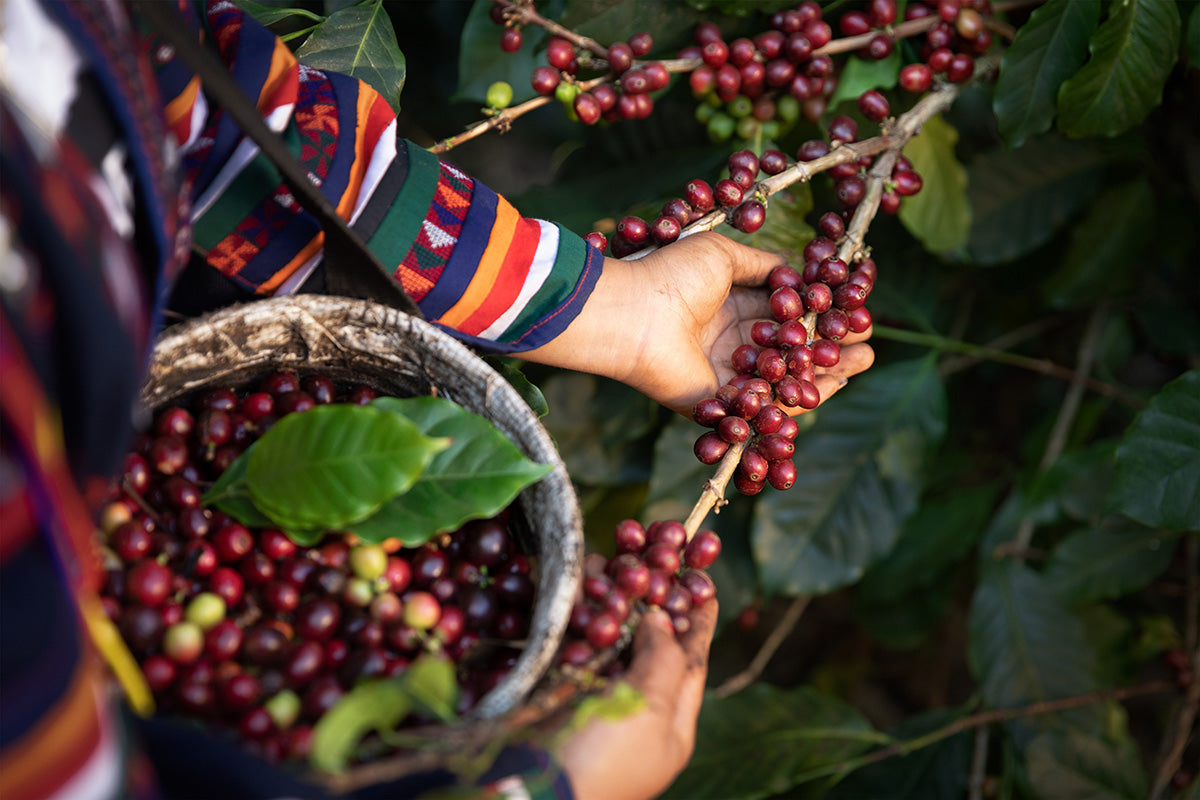Article: Is Your Coffee Still Organic? A Deeper Look at How We Source Our Beans

Is Your Coffee Still Organic? A Deeper Look at How We Source Our Beans
Why sustainability, community, and quality matter more than a label
The Questions I Get Asked the Most
As a coffee roaster, I get asked a lot of questions.
“How much coffee to water do I need?”
“When should I grind my coffee?”
“Is 35 cups a day too much?”
But the question I hear the most is: “Is your coffee still organic?”
The answer isn’t as straightforward as you might think. The short answer? Some of it is. Let me explain.
Beyond the Organic Label: What We Value
At Mocha Monkey, we’ve chosen to focus on sourcing coffee from farms that prioritize sustainability and the financial development of their communities.
While some of these farms carry official organic certification, many do not—not because they aren’t growing coffee in sustainable or organic ways, but because obtaining that title comes with a steep price. Certification can cost anywhere from hundreds to thousands of dollars, depending on the size of the farm.
For some farmers, this investment is worthwhile. For others—especially smallholders—it could mean sacrificing vital resources that would otherwise support their families.
A Model Farm: Guacha Coffee Specialist in Brazil
A great example of a certified, sustainable partner is Guacha Coffee Specialist—our source for all of our Brazilian coffee (and the most roasted bean in all of our blends).
The farm is run by the Seibt family and was started by Rogerio Luiz Seibt in the mid 1970’s.
Today, the farm spans about 1,200 acres at 3,000 feet in the Cerrado Mineiro region of Minas Gerais. They grow primarily Paraiso variety coffee, which is predominantly natural-processed. The farm proudly holds both Rainforest Alliance and CAFE Practices certifications.
Innovation in Sustainability
One of the farm’s most inspiring features is its diversification:
- They operate a dairy alongside some of their coffee fields, using dry cattle manure to reduce synthetic fertilizer use by 50%.
- Coffee hulls are used as bedding for the cattle.
- The farm also converts methane from liquid manure into electricity—making them energy self-sufficient.
To our knowledge, they are the only farm in Brazil using this innovative, closed-loop method.
Empowering Women: The Women Coffee Producers Project in Nicaragua
So, what do we mean by "sustainable" when choosing our coffee sources? Here’s another example: the Nicaraguan coffee we use in several blends.
This exceptional coffee comes from the Women Coffee Producers project—an initiative designed to highlight and support the work of women in coffee-growing communities worldwide.
The program aims to combat gender-based wage inequality by adding a gender-equity premium on top of the base price.
In Jinotega, where women own just 15% of the land, this premium helps them secure legal land titles—a crucial step toward accessing microcredit loans and improving economic opportunities for their families and communities.
Conclusion: What Really Matters in Every Cup
While not every coffee we roast carries an official "organic" label, all of our coffees are sourced with care, transparency, and a deep commitment to ethical, environmental, and community-focused values.
Our priority is to partner with farms that make a lasting positive impact—whether through organic farming practices, sustainable energy innovations, or initiatives that empower marginalized producers.
For us, great coffee isn’t just about taste—it’s about making choices that support a better future, one cup at a time.
--
"Life begins after coffee..."
Mocha Monkey Lead Roaster
John Pennucci



